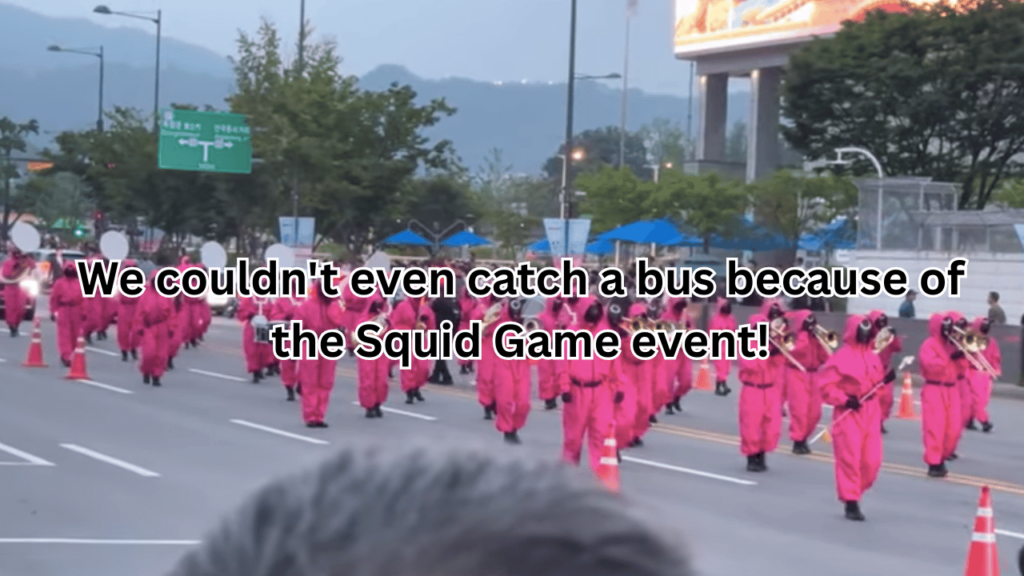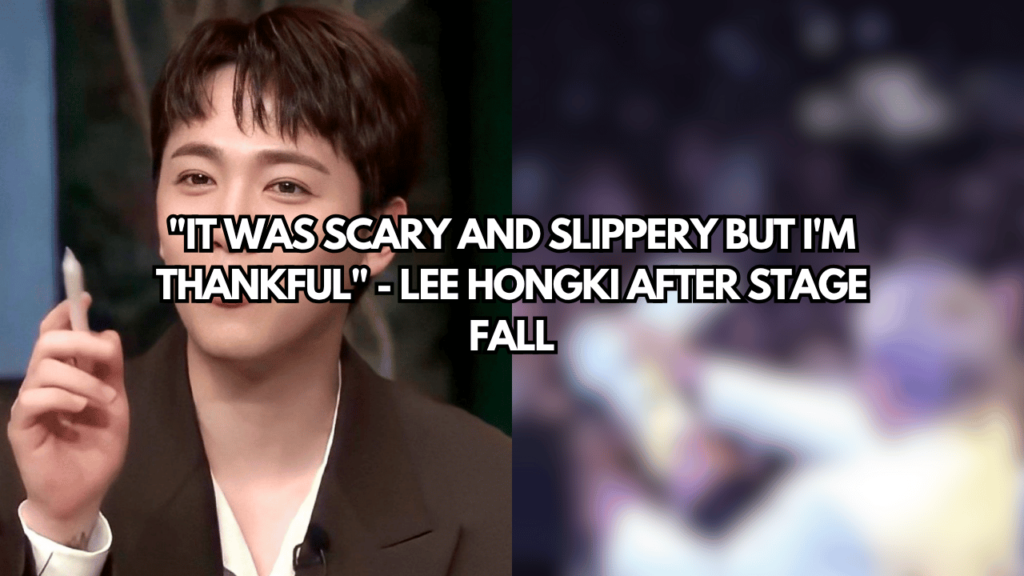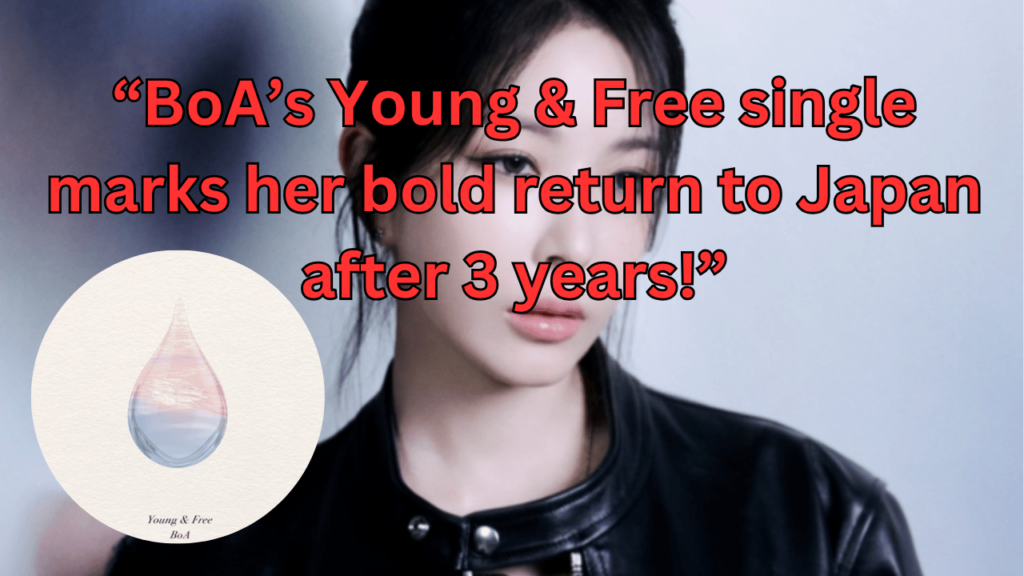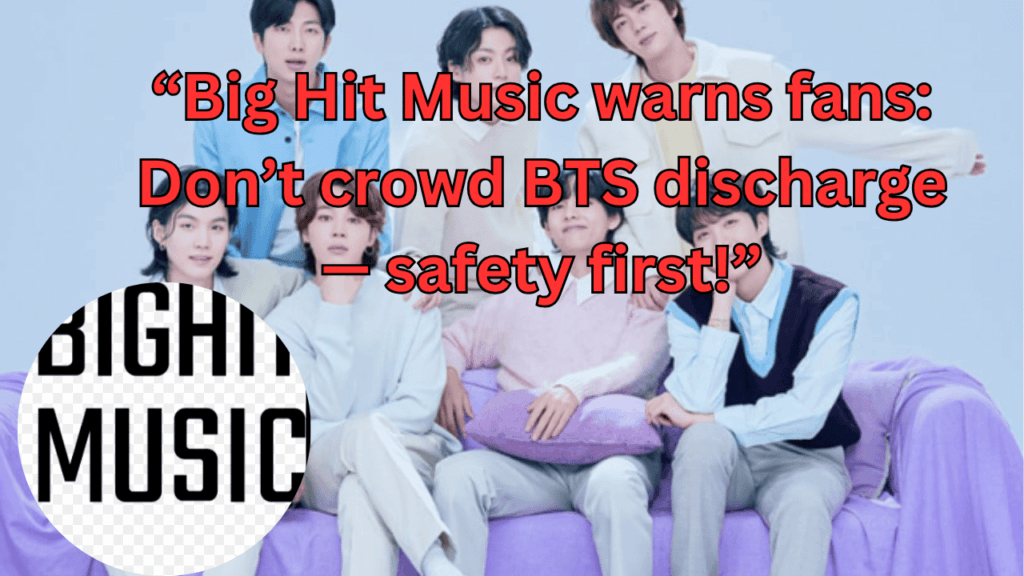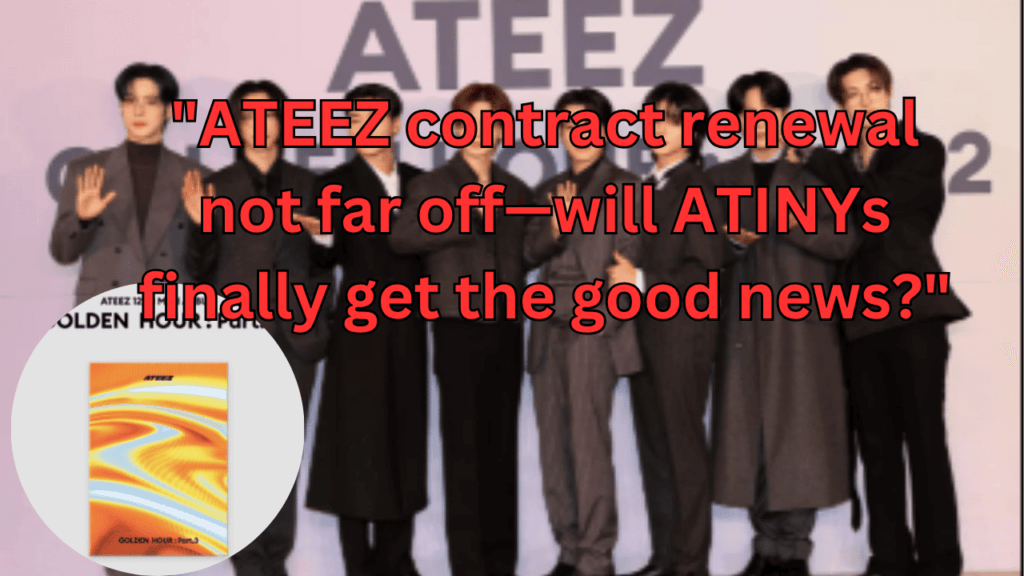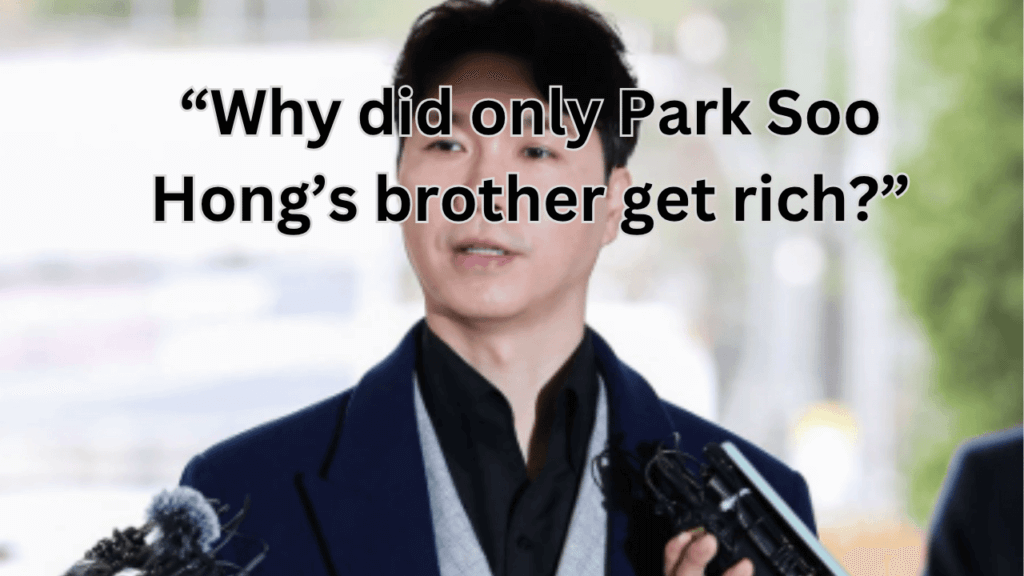The Squid Game Seoul parade brought thousands of fans to downtown Seoul but also created massive headaches for regular commuters. On June 28, the Netflix hit series finale celebration turned Seoul’s busiest streets into a giant playground for fans. However, the Squid Game Seoul parade also sparked heated debates about public space usage.
Around 5,000 people joined the spectacular event that stretched from Gwanghwamun intersection all the way to Seoul Plaza. The parade featured iconic elements from the show, including the terrifying Young-hee doll and hundreds of pink guards marching in formation. Fans dressed as players and guards recreated famous scenes like “Red Light, Green Light” right in the middle of Seoul’s main thoroughfare.
Seoul Traffic Disruption Event Creates Commuter Nightmare
The Seoul traffic disruption event began around 7 PM when city officials closed four of eight lanes on Sejong-daero. Two additional lanes near the Seoul Government Complex were also blocked off for safety. Bus stops in front of the Sejong Center for the Performing Arts had to bypass their regular routes, leaving many passengers stranded.
Traffic crawled to a painful 15.4 km/h average speed by 8:30 PM. Frustrated commuters took to social media to vent their anger. One person complained, “We couldn’t even catch a bus because of the ‘Squid Game’ event.” Another angry citizen posted, “Blocking bus lanes for a parade of a show rated for teens and above is ridiculous. Why restrict public transport like this?”
The Seoul traffic disruption event lasted until about 9 PM when lane restrictions were finally lifted. During peak hours, the massive Young-hee doll structure caused an additional 10-minute road closure as it moved from Saemunan-ro into Sejong-daero.
See Also: Red Velvet Joy Shines Like Midsummer Sun in New Summer Photos
Squid Game Seoul Parade Draws Global Attention
Despite the traffic chaos, the Squid Game Seoul parade was a massive success for Korean entertainment tourism. The Seoul Metropolitan Government partnered with Netflix to create this spectacular finale celebration for the show’s third and final season. The event kicked off the “2025 K-Content Seoul Travel Week” designed to boost tourism through Korean drama locations.
International fans traveled from around the world to witness this unique celebration. The parade featured elaborate floats showcasing the series’ deadly games, including dalgona candy challenges and the massive piggy bank filled with prize money.
Pink guard marching bands played the show’s haunting soundtrack while actors dressed as mysterious recruiters walked among the crowds.
Cast members including Lee Jung-jae, Lee Byung-hun, Yim Si-wan, Kang Ha-neul, and Wi Ha-jun appeared at the finale fan event following the parade. Director Hwang Dong-hyuk also joined the celebration, making it a truly memorable send-off for the global phenomenon.
Safety Measures and Event Coordination
City officials worked closely with police to ensure public safety during the Seoul traffic disruption event. Traffic signs and safety cones were installed throughout downtown Seoul on major roads including Sejong-daero, Sajik-ro, and Saemunan-ro. Fourteen buses were staged near Gyeongbokgung Station starting at noon for event preparations.
The Squid Game Seoul parade required extensive coordination between multiple city departments. Event personnel and local police managed crowd control while parade vehicles lined up from the Seoul Government Complex to Gwanghwamun intersection. Despite the logistical challenges, the event concluded safely without major incidents.
Final Thoughts on the Squid Game Seoul Parade Impact
The Squid Game Seoul parade perfectly captured the global impact of Korean entertainment while highlighting the challenges of hosting major events in busy urban areas. While fans celebrated the end of their favorite series, regular commuters faced significant inconvenience during their evening rush hour. The Seoul traffic disruption event raises important questions about balancing tourism promotion with daily life needs in a major city.
What do you think about closing major streets for entertainment events? Should cities prioritize tourism over daily commuters?
